Israel to give harsh response to Syria if deploys troops in border zone: Tel Aviv
The Israeli military has threatened to give a “harsh response” to any attempt made by the Syrian government troops and their allied fighters, who are continuously advancing towards militant-held areas in Southern Syria, to deploy in occupied Golan Heights frontier zone which is subjected to a decades-old UN-monitored armistice between the neighboring foes.
“For our part we will sanctify the 1974 disengagement agreement, and there too we will insist that every last letter be abided by, and any violation will meet a harsh response from” the Israeli regime, said Avigdor Lieberman, the Israeli mister for military affairs, in a speech he delivered to his parliamentary faction on Monday.
His comments echoed those of Gilad Erdan, the regime’s public security minister, who said on Thursday that Israel could strike Syrian government troops if they were stationed in the demilitarized zone.
In 1967, the Israeli regime waged a full-scale war against Arab territories, including those of Syria, occupied a large swathe of Syria’s Golan Heights and annexed it four years later, a move never recognized by the international community.
In 1973, another war, known as the Arab-Israeli War or the Yom Kippur War, broke out between the Israeli regime and a coalition of Arab states led by Egypt and Syria. A year later, a United Nations-brokered ceasefire came into force, according to which the Israeli regime and the Syrian government agreed to separate their troops, and create a buffer zone patrolled by the UN Disengagement and Observer Force (UNDOF).
Lieberman’s remarks came some 20 days after the Syrian forces launched a major military campaign to recapture the militant-held areas in southern Syria near the Jordanian border and the Israeli-occupied Golan Heights, including Dara’a province, together with the neighboring provinces of Quneitra and Suwaida.
On Sunday, the official Syrian news agency, SANA, reported that the Syrian army had to date expanded its control over 72 percent of the entire Dara’a province, either through direct fighting against the militant outfits or a recently-signed ceasefire signed between them and the Russian military, which has been providing aerial support for the government troops since September 2015 on a formal request by Damascus.

Syria, which has been gripped by foreign-backed militancy since March 2011, has said that the Israeli regime and its Western and regional allies have been aiding Takfiri terrorist groups.
The Daesh Takfiri terrorist group, which once held large swathes of land in Syria, is no longer in control of any urban center. Following its crushing defeat against Syrian government forces late last year, the terror outfit is only active through its remnants, sparsely based in some rural areas. Other Takfiri groups are either significantly weakened or increasingly losing ground to advancing government troops.
The Syrian government also strongly seeks to take back its share of the mountainous plateau of the Golan Heights from the Israeli regime.
Over the past few years, Israel has frequently attacked military targets in Syria in what is considered an attempt to prop up terrorist groups that have been suffering heavy defeats against Syrian government forces. It has also been providing weapons to anti-Damascus militants as well as medical treatment to Takfiri elements wounded in Syria.
Back on May 10, Israel conducted what it called its most intensive airstrikes on Syria in decades. According to Russia's Defense Ministry, Israel had used 28 warplanes in its airstrikes on Syria and fired 70 missiles. Both Damascus and Moscow said that the Syrian army managed to shoot down over half of the missiles.
The Tel Aviv regime, at the time, claimed that its assault was in response to a barrage of 20 rockets fired from Syria at Israeli military outposts in Golan.
On Sunday night, Syria said its air defense units had repelled Israeli sorties against the T4 air base in Homs province.
“Regarding yesterday - I read about it in the newspapers today and I have nothing to add,” Lieberman further said on Monday.
Earlier this month, the Israeli military said that it had deployed artillery and armored reinforcements to the occupied mountainous plateau of Golan Heights, saying the move was the result of a situation assessment “in light of developments on the Syrian Golan Heights.”
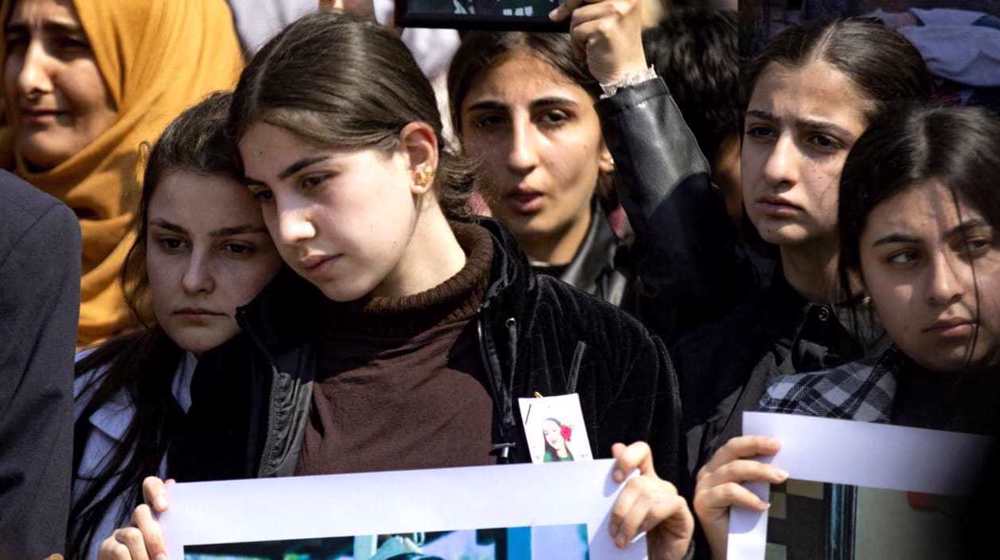
Syrian militants enslaving Alawite women in Idlib governorate: Report
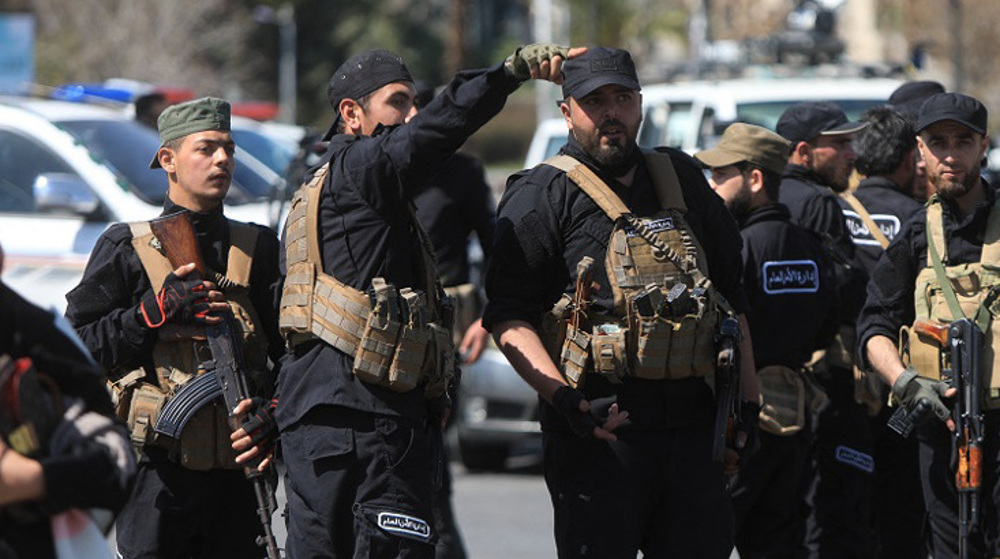
Syria's HTS arrests PIJ officials after US ties sanctions relief to ban on Palestinian groups
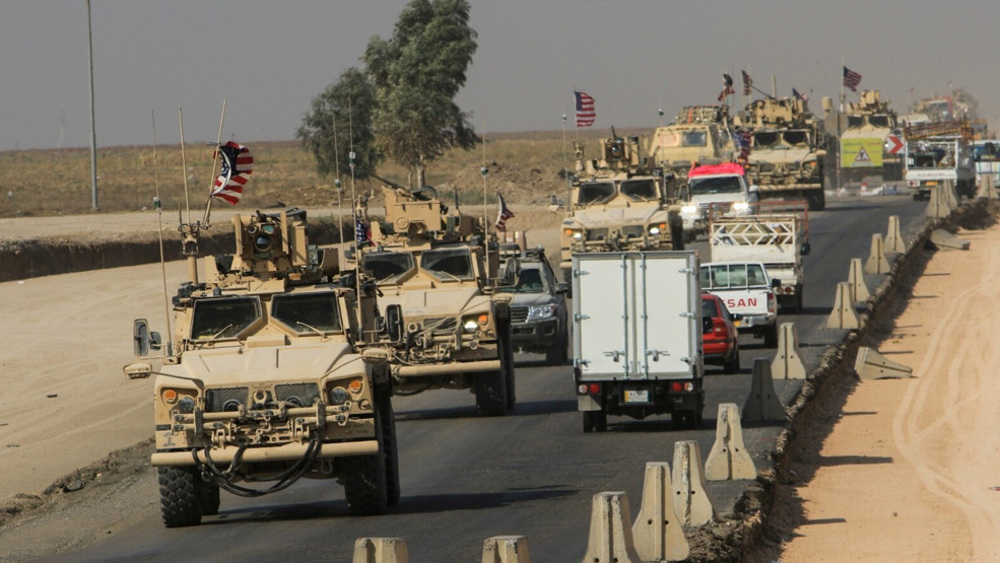
US arms convoys enter Iraqi Ain al-Asad base from Syria: Report
VIDEO | Gaza’s dire conditions hit unprecedented levels
VIDEO | Press TV's news headlines
VIDEO | Pakistan’s business and cultural front unites for Gaza: Nationwide shutdown, boycott announced
US jets carry out more aggression against Yemen
Syrian militants enslaving Alawite women in Idlib governorate: Report
VIDEO | US pro-Palestinian campus protest
VIDEO | Palestinian civil defense rejects Israel’s probe and exposes the crime
India downgrades ties with Pakistan after deadly Kashmir attack


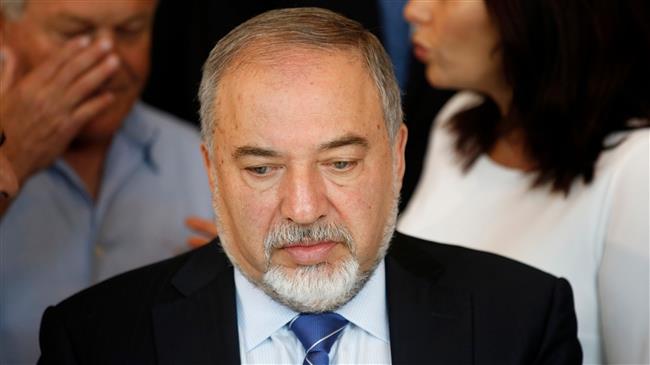






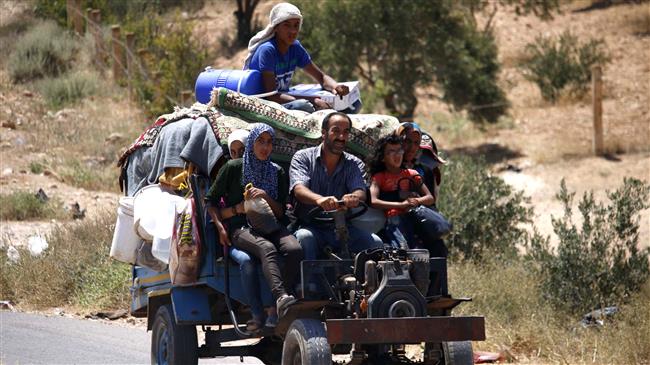

 This makes it easy to access the Press TV website
This makes it easy to access the Press TV website